HiHFAD’s CHS Certification journey
"This certification will be an additional driver and motivation for us as an organisation and as humanitarian workers to enhance and strengthen our humanitarian interventions and further scale up the conformity with CHS to the next level.”
December 2023
We interviewed Essam Abdely, Program Development & Grants Manager at HiHFAD, on their CHS certification journey.
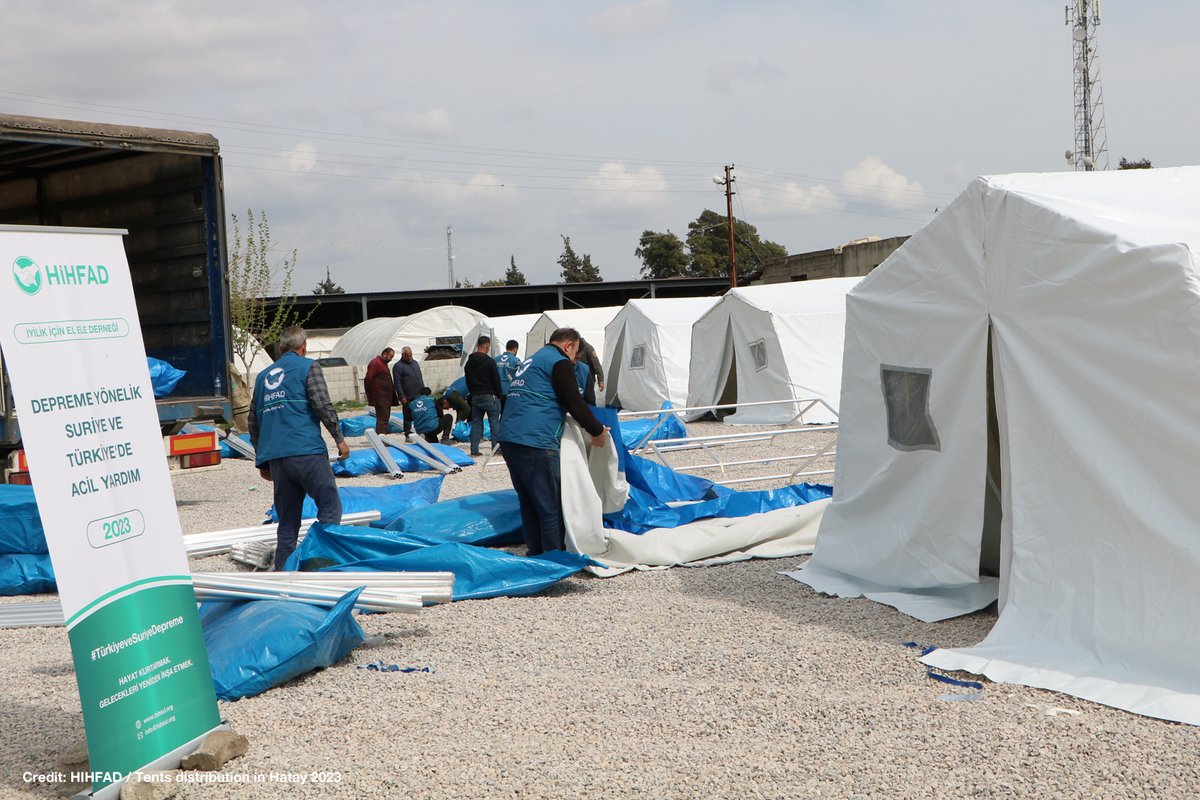
Can you tell us more about your HQAI certification journey?
It all started when we looked at ways to improve our Accountability to Affected Populations and accountability to Partners and Donors. We immediately thought of CHS certification and HQAI in particular for the feedback we heard from the NGO Community. The organisation’s aim was to be more efficient, improve systems, policies, and mechanisms, and move to the next level when it comes to the service we provide.
HQAI’s support was tremendous, including the grant we received.
We worked closely with the HQAI Team and Auditors, who were very helpful and accessible and explained the whole process and the stages.
The audit itself motivated the team, who saw it as a challenge to see the scores, and they were proud of their achievements so far; they also set themselves the task of working on any comments or areas for improvement as set by the auditors.
The depth of the audit, ranging from documents and desk review to staff, stakeholders and beneficiaries interviews, brought new aspects and dimensions, enabling us to see what we do from different angles and understand the commitments in depth as the latter are somehow interrelated and have some level of complexity in differentiating what exactly each commitment cover.
What were the challenges you encountered?
There was a high level of coordination needed to finalise the audit schedule as some interviews were online and others were conducted in person; the schedule of the Audit was intensive to a certain extent; a huge amount of documents and evidence were submitted, and some documents covered more than one area of commitments, in addition to using more than communication platforms for simultaneous interviews which also required translation from an external contractor, the auditors were very flexible and cooperative which eased the process.
What specific improvements have you seen?
I am aware of ongoing revision and improvement to the process, but more clarity on what each commitment measures, including examples of expected evidence for each, would be helpful. Some of the evidence and requested documents were referenced on a few occasions.
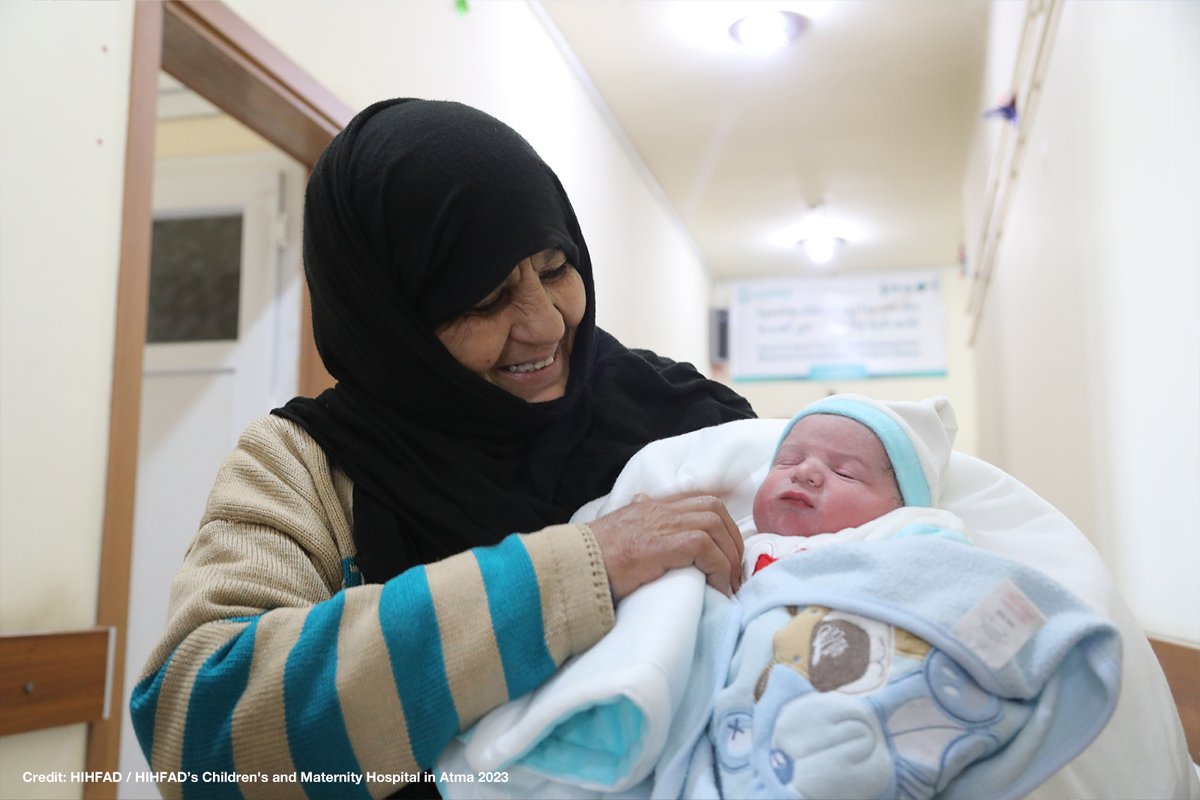
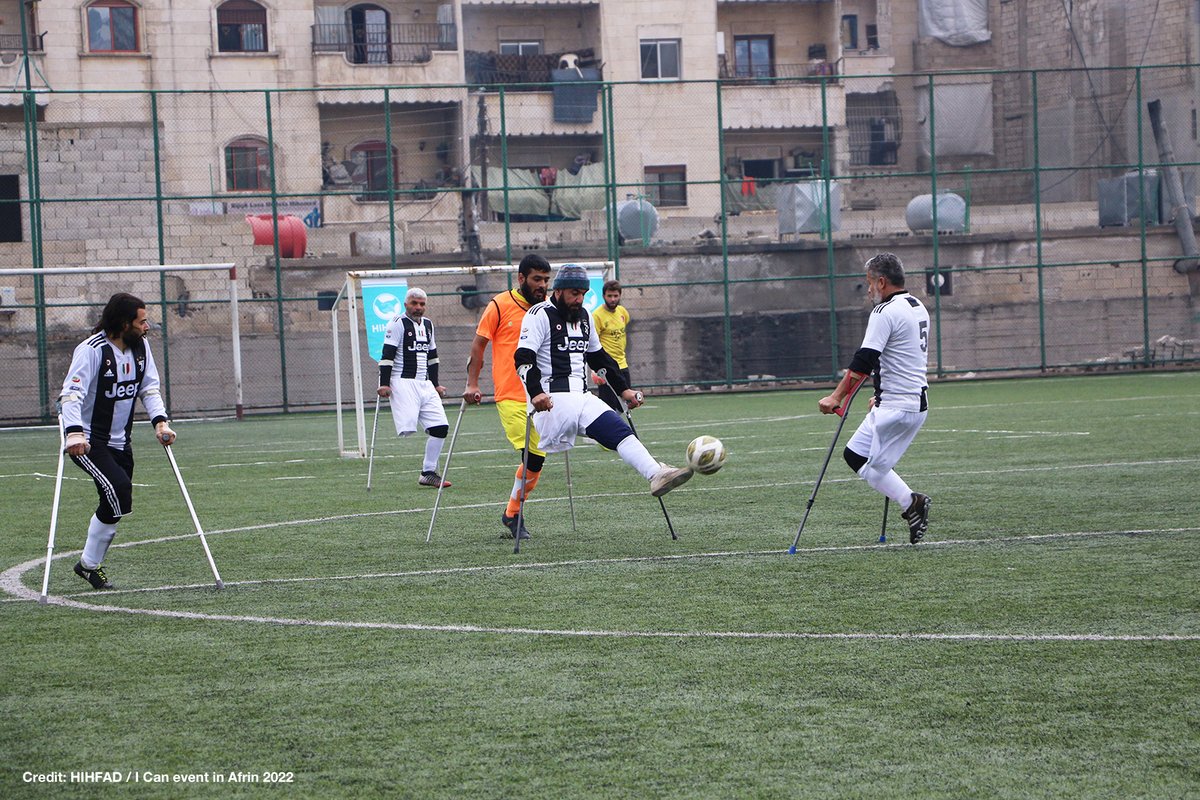
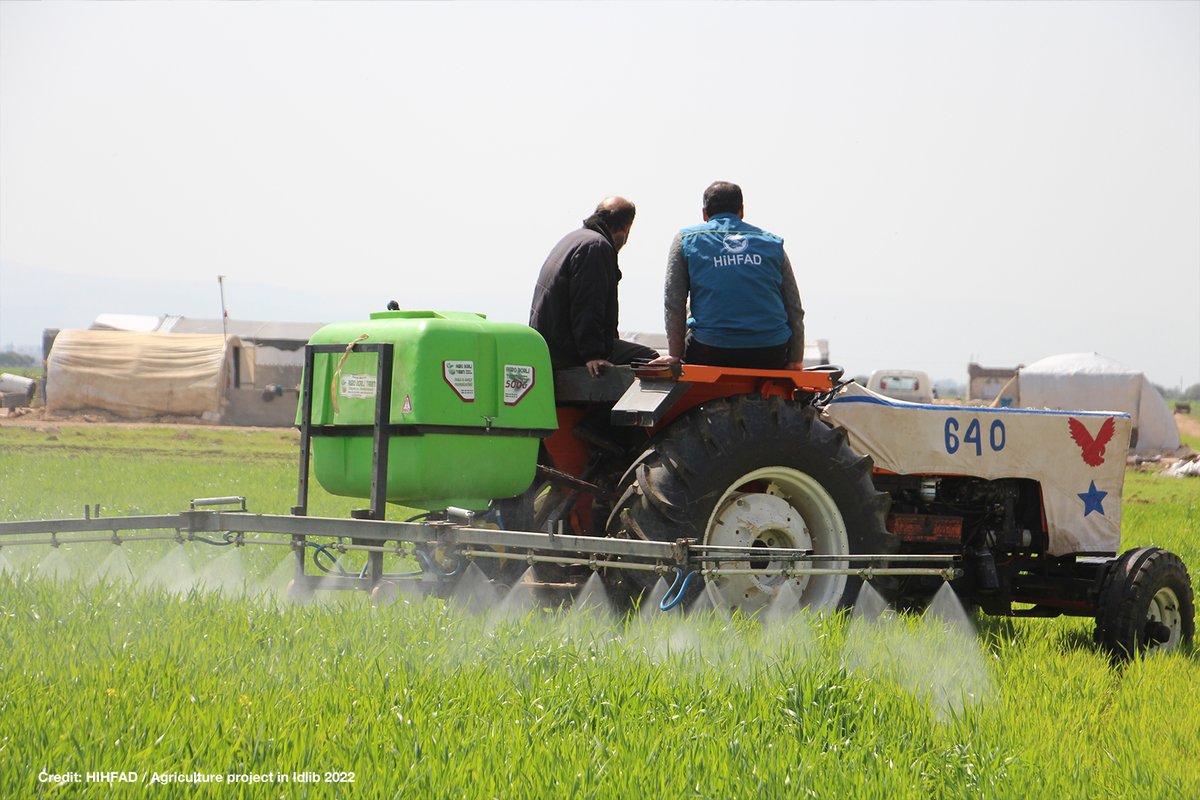
What was your experience of collaborating with the HQAI local auditors?
The collaboration went very smoothly, and they were so cooperative, responsive and well-informed.
Do you think working with local auditors was more beneficial for your organisation? If so, why?
CHS is about supporting local communities and local actors; working with local auditors made our job easier, given the level of awareness of the context and working environment. Still, more capacity building is required, and there should be a pool of experienced local auditors who will, in return, save on translation. We also recommend the use of Arabic as an official language.
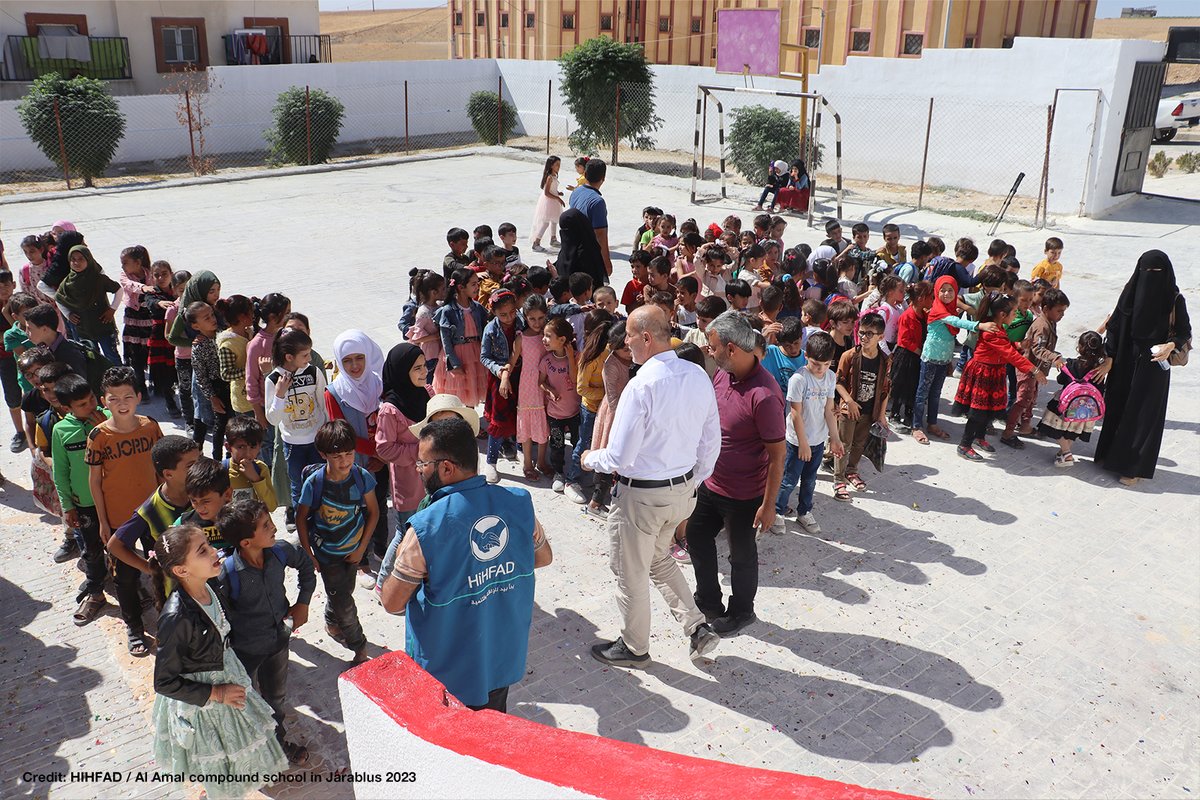
Category